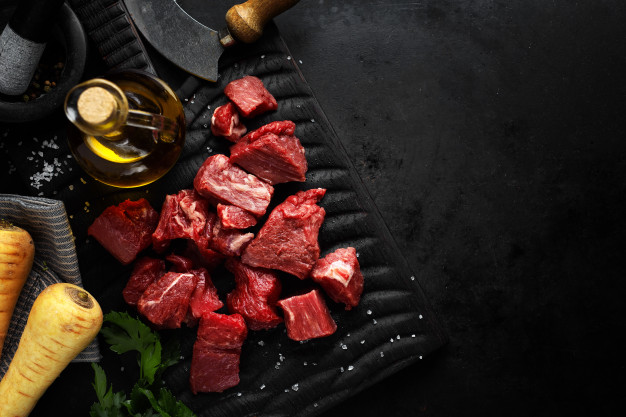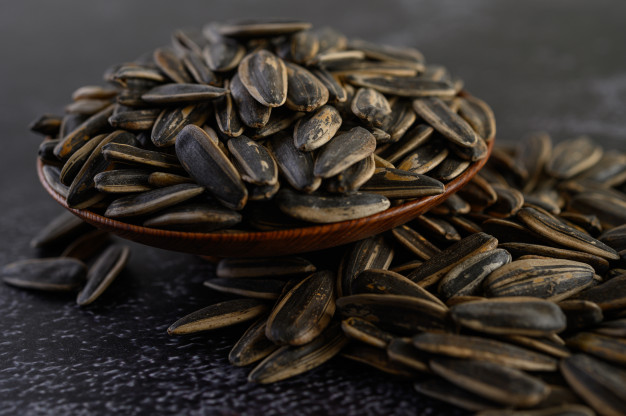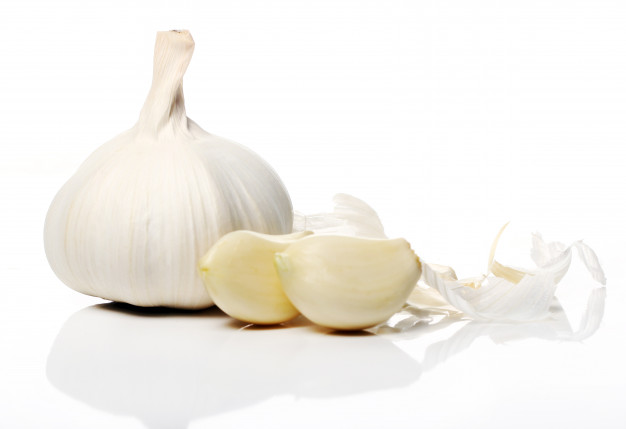Kapanlagi.com - White blood cells play an important role in supporting body health such as fighting infections. However, when the body lacks white blood cells, it is possible that this condition can trigger health problems. However, there is a way to overcome it, namely by consuming foods for white blood cell deficiency.
White blood cells, also known as leukocytes, play a crucial role in the immune system. Therefore, with their role, white blood cells are able to fight various infections that attack the body. Similarly to the deficiency of white blood cells, an excess of leukocytes also causes certain health problems.
For example, related to the excess of white blood cells, health problems that arise include the risk of blood cancer, lymphoma, or allergies. Just like other nutrients in the body, increasing low white blood cells can be sourced from certain foods.
These foods for white blood cell deficiency can help increase low leukocyte count. Apart from that, it should be known that white blood cells are divided into five types: neutrophils, lymphocytes, monocytes, eosinophils, and basophils. Where each type has a different role and function related to the immune system.
When one component of white blood cells is low, the condition can trigger health problems. That's why there are ways to overcome a deficiency of white blood cells by consuming certain foods. The following are foods for a deficiency of white blood cells that you can find in the review below. These foods for a deficiency of white blood cells have been summarized by kapanlagi.com from various sources.
1. Cooked Eggs

(credit: freepik.com)
The first food to increase low white blood cell count is eggs. Yes, eggs contain many beneficial nutrients and vitamins for the body. Some of the nutrients and vitamins in eggs include protein, calories, fat, carbohydrates, and so on.
In relation to low white blood cell count, an important nutrient intake to increase leukocyte count is protein. According to healthline.com, consuming perfectly cooked boiled eggs can help increase low white blood cell count.
2. Milk Products

(credit: freepik.com)
Food for low white blood cell count is a variety of milk products. According to uwhealth.org, some pasteurized milk products such as yogurt, cottage cheese, and cream cheese are friendly foods for those of you who have low white blood cell counts.
For example, yogurt is a probiotic food that can help boost the immune system. In addition, according to stylecraze.com, yogurt has stimulating properties to increase the number of white blood cells. Consultation with a doctor can be considered to get the right recipe recommendation and amount of yogurt consumption.
3. Spinach
Spinach is a type of vegetable that is quite familiar in addressing certain health problems. This is because spinach contains several nutritious and healthy vitamins that the body needs. One of them helps with health problems, namely white blood cell deficiency. Yes, food for white blood cell deficiency can also be sourced from spinach.
Spinach has high vitamin and mineral content that can help increase low leukocytes. You can consume spinach as a healthy menu by making it into a salad or other favorite vegetable.
4. Broccoli

(credit: freepik.com)
Another food for white blood cell deficiency is broccoli. Just like spinach, broccoli also contains nutrients and vitamins that the body needs. One of the functions of these nutrients is to control white blood cells and help improve the immune system. This is influenced by the content of sulfophane (SFN), antioxidants, and vitamins found in broccoli, which can help increase the number of white blood cells. According to stylecraze.com, consuming mature broccoli, whether made into a salad or a favorite vegetable, can be a way to overcome white blood cell deficiency.
5. Kiwi Fruit
Food for white blood cell deficiency next is kiwi fruit. Because kiwi contains nutrients and vitamins that can help increase the number of leukocytes. For example, some of the nutrients in kiwi include antioxidants, potassium, vitamin C, and vitamin E. So kiwi fruit can be part of a healthy diet for you to consume if you experience a white blood cell deficiency.
6. Cooked Meat

(credit: freepik.com)
Meat is also included in the food for white blood cell deficiency that is friendly to consume for low leukocyte sufferers. However, there are certain criteria that need to be considered if you want to consume meat as a food to increase white blood cells. For example, the meat must be cooked until it is completely cooked. According to uwhealth.org, there is a specific temperature that needs to be known to ensure that the meat is completely cooked. The recommended meat temperature to help overcome white blood cell deficiency is over 180 degrees Fahrenheit for poultry. While other meats are over 160 degrees Fahrenheit. Some of these meats include beef, poultry, fish, shellfish, and so on.
7. Foods Containing Selenium
Foods containing selenium can also help overcome a deficiency of white blood cells. Because selenium can increase the production of white blood cells, especially lymphocytes and neutrophils, as reported by stylecraze.com. In addition, this nutrient can also help improve the immune system.
Some types of food for white blood cell deficiency with high selenium content include tuna, sardines, or chicken. Consultation with a doctor can be considered to get the right recommendation regarding the amount of consumption of these foods.
8. Sunflower Seeds

(credit: freepik.com)
Sunflower seeds are also included in foods for white blood cell deficiency. Because sunflower seeds are known to contain a number of healthy nutrients including phosphorus, magnesium, vitamin E, and vitamin B6. These nutrients and vitamins are quite important in helping increase the number of white blood cells that help fight infections. You can consume sunflower seeds as a snack or include them in salad recipes.
9. Garlic

(credit: freepik.com)
There are various benefits of garlic for health, including as food for white blood cell deficiency. According to stylecraze.com, garlic is known to have immunomodulatory and anti-inflammatory properties that can help improve the immune system. In this case, the allicin content in garlic can help produce white blood cells. You can consume garlic along with specific food recipes to overcome the pungent smell of garlic.
10. Foods to Avoid for White Blood Cell Deficiency

(credit: freepik.com)
After knowing the foods for white blood cell deficiency, you also need to pay attention to the types of foods that need to be avoided. The foods to be avoided if the body lacks white blood cells include:
- Unpasteurized dairy products.
- Raw vegetables or raw herbs and spices.
- Uncleaned fruits or unpasteurized fruit juices.
- Dried fruits.
- Raw meat.
- Half-cooked eggs with runny yolks.
- Raw nuts.
- Foods containing raw eggs.
11. Causes of White Blood Cell Deficiency

(credit: freepik.com)
Several health problems can arise when the body lacks white blood cells. Among the causes of white blood cell deficiency are as follows:
- Experiencing infections that attack the immune system.
- Experiencing congenital abnormalities.
- Autoimmune disorders such as a history of lupus.
- History of cancer such as leukemia.
- Disorders in the blood and bone marrow.
- Side effects of certain drugs.
Those are 9 foods for white blood cell deficiency. Consultation and examination can be considered to address the low leukocyte count in the body.
(kpl/nlw)
Disclaimer: This translation from Bahasa Indonesia to English has been generated by Artificial Intelligence.




















